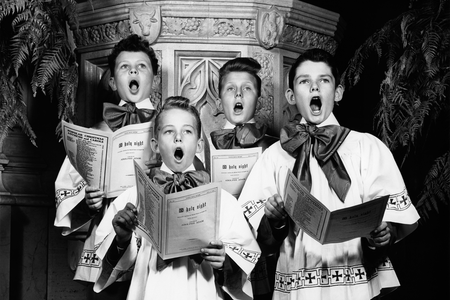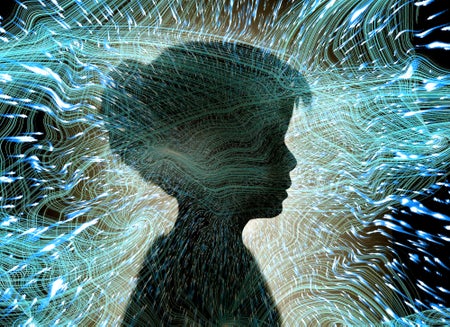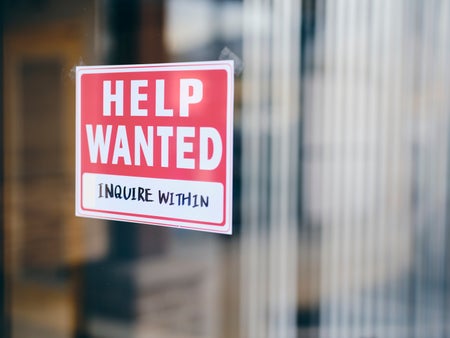
Why Writing by Hand Is Better for Memory and Learning
Engaging the fine motor system to produce letters by hand has positive effects on learning and memory

Why Writing by Hand Is Better for Memory and Learning
Engaging the fine motor system to produce letters by hand has positive effects on learning and memory
Valentine’s Day Got You Blue? There’s an Upside
Unpleasant emotions like sadness and anger can feel overwhelming, but recent research suggests they can trigger behaviors that lead to something better

Jeopardy! Winner Reveals Entwined Memory Systems Make a Trivia Champion
A former Jeopardy! winner led a new study that probes how linked memory systems may give trivia buffs an edge in their game
Brains Are Not Required When It Comes to Thinking and Solving Problems—Simple Cells Can Do It
Tiny clumps of cells show basic cognitive abilities, and some animals can remember things after losing their head
Stop Asking If the Universe Is a Computer Simulation
We will never know if we live in a computer simulation; here is a more interesting question

Why Do Christmas Songs Get Stuck in Your Head So Easily?
If holiday music seems designed in a lab to get stuck on repeat inside your head for all of December, well, it kind of is
Is Snoozing the Alarm Good or Bad for Your Health?
New research suggests that hitting the snooze button to squeeze in an extra five or 10 minutes of sleep may actually be good for you
People Pay Attention Better Today Than 30 Years Ago—Really.
A rise in IQs in recent decades is mirrored by a trend showing an increase in adults’ ability to concentrate
Rats Use the Power of Imagination to Navigate and Move Objects in a VR Landscape
Experiments visualize a rodent’s ability to imagine the future
‘Olfactory Training’ during Sleep Could Help Your Memory
Participants who smelled odors while they slept performed better on word-recall tests

Is Consciousness Part of the Fabric of the Universe?
A theory called panpsychism proposes that consciousness is a fundamental aspect of reality

A Broken Employment System Leaves Autistic Adults Stranded
Only 1.1 percent of autistic adults in the U.S. access key publicly funded employment services. A broken disability service system is why